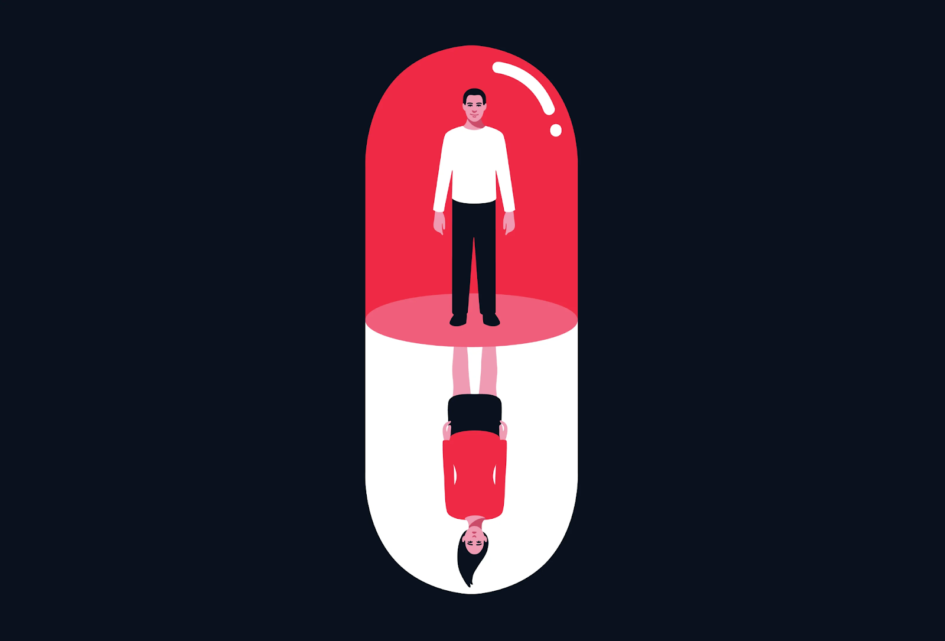By Vaidehi Gautam
Preference of one gender over another, based on various forms of stereotypes, is known as gender bias. It can either be intentional or unconscious, and is subject to one’s social conditioning with respect to perception of different genders. Biological sex is different from gender. However, over a span of centuries, biological essentialism (i.e., the belief in sex-gender binary) has led to perpetuation of gender bias on grounds of biological differences between sexes. When it comes to medical sciences and healthcare, gender bias is a persistent issue even today. This bias results in faulty diagnosis as a result of which the patient suffers for a longer duration of time. Women are usually at the receiving end of this bias, both generally as well as in healthcare. This bias is usually manifested through inequality in the quality of treatment of women as compared to men for the same set of problems. Gender bias in healthcare is prevalent across a wide variety of health issues.
Bleeding Problems – Bleeding disorders such as haemophilia are conditions that restrict the clotting of blood in an effective manner. Both men and women may suffer from this problem. However, a study published in 2020 revealed that on average, women suffering from haemophilia get diagnosed 6.5 months later than men. There is no logical explanation for these delays. In fact, a large number of women are menstruators and it is more likely for them to notice bleeding problems due to their experience with monthly bleeding.
Mental Health – It is more likely for women to receive a diagnosis for a mental illness as compared to men. This bias is facilitated by the fact that women are subjected to gender-based violence and social inequity. However, such bias results in ignorance of the same symptoms among men who suffer with the same condition, and women end up being diagnosed with a disproportionately higher number of illnesses than they actually suffer from. Such bias affects both men and women.
Chronic Pain – despite being more prone to suffering from pains for a variety of natural reasons, women’s claims of severe pains are often dismissed due to the assumption that women are more sensitive and “hysterical”. In some cases, the pain is often diagnosed as something related to psychological issues in women as compared to men. This bias goes hand in hand with the above-mentioned bias pertaining to mental illnesses. Moreover, association of pain with menstruation often leads to lack of diagnosis of serious problems like endometriosis and cervical cancer in vagina-owners.
COVID-19 – Evidence suggests that the management of coronavirus pandemic could not remain untouched from gender bias. A 2020 analysis revealed that women who tested positive were less likely to receive X-rays and blood tests as compared to men who tested positive. Furthermore, the ongoing studies on the virus have failed to take gender and sex into account which has resulted in a gap in the research pertaining to how the virus is affected sexually different bodies and how much of these effects are being analysed on the basis of biased assumptions regarding genders.
The issue expands beyond these problems and the causes of such engendering of healthcare are rooted in sexism and systemic oppression of women in every field, even medical sciences. This sexism has manifested itself throughout history. It was not until the 20th century that women were even allowed to practice western medicine. A 2019 report from WHO suggests that despite significant representation of female doctors and researchers in medicine, the systemic sexism within the field still persists. Another root cause of this bias can be traced back to the practice of neglecting female bodies while conducting pioneering research regarding various illnesses. This neglect was the result of the assumption that male and female bodies differ only in terms of reproductive organs. Due to the lack of study of female anatomy, many problems related to women’s bodies are still a mystery today for healthcare professionals. This lack of knowledge is a result of persistent gender bias in the history of medical sciences.
The problem of gender bias in healthcare is being addressed and acknowledged in current scenarios. This is being done by recognising and analysing the main reasons behind the bias and the neglection of female bodies. More research is being conducted that involves women not only as the subject but also as the participants. Skewed participation is one big reason for gender bias, which is now being attempted for rectification. An approach towards educating the healthcare professionals of the bias is in place to help them understand the problem in a more nuanced manner. The problematic history of women’s problems in the healthcare realm have costed the lives of a disproportionately large number of women. An open conversation and increased participation of women is the key to address this problem and also provide an entry point for medical issues pertaining to the intersex and trans bodies.
Vaidehi Gautam is currently pursuing her master’s degree in Gender Studies from Ambedkar University Delhi. She is interested in politics, public policy, gender, pop culture, and loves to stay caffeinated and revisit basic mathematics from her school days. Presently she is interning with kractivist.org

Leave a Reply